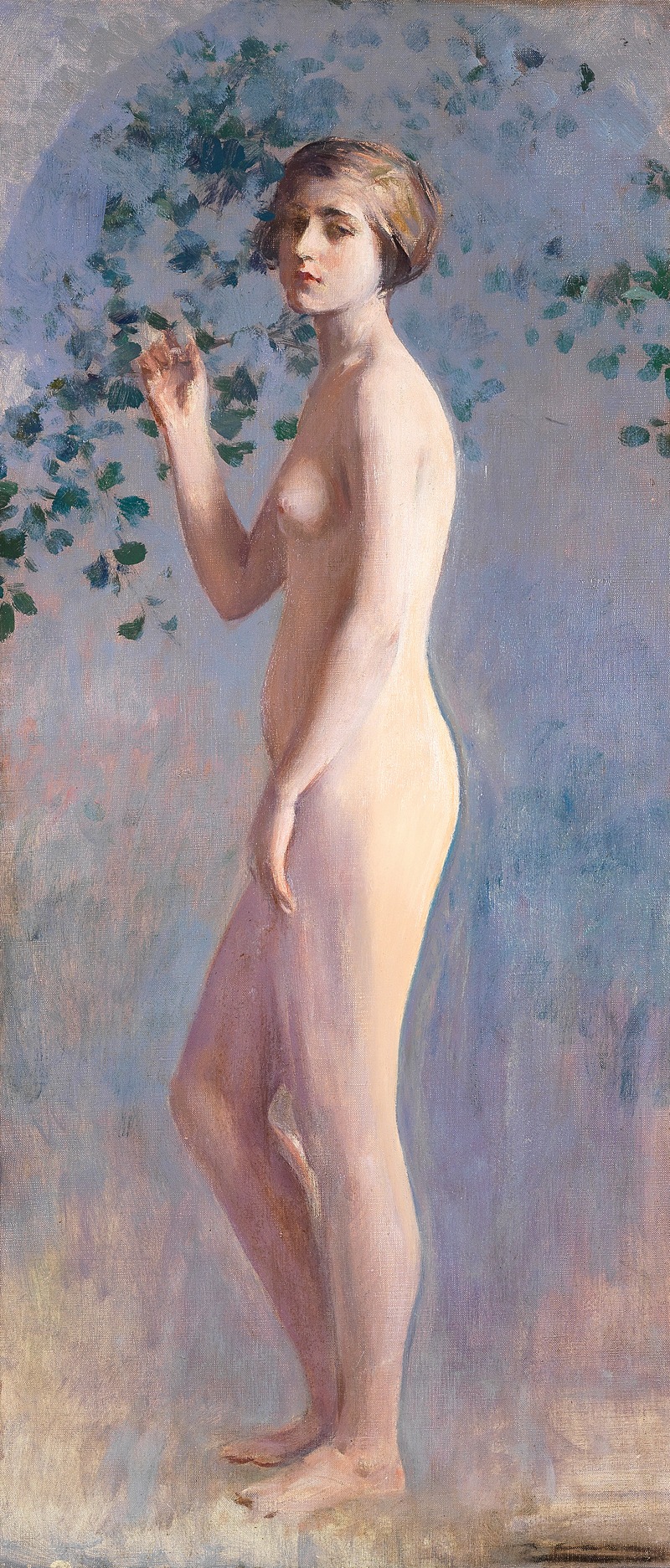
Desnudo
A hand-painted replica of Ramón Casas’s masterpiece Desnudo, meticulously crafted by professional artists to capture the true essence of the original. Each piece is created with museum-quality canvas and rare mineral pigments, carefully painted by experienced artists with delicate brushstrokes and rich, layered colors to perfectly recreate the texture of the original artwork. Unlike machine-printed reproductions, this hand-painted version brings the painting to life, infused with the artist’s emotions and skill in every stroke. Whether for personal collection or home decoration, it instantly elevates the artistic atmosphere of any space.
"Desnudo" is a painting by the renowned Catalan artist Ramón Casas, a prominent figure in the Spanish modernisme movement. Casas, born in 1866 in Barcelona, was a pivotal artist in the late 19th and early 20th centuries, known for his portraits, genre scenes, and depictions of social and political life in Spain. His work is characterized by its elegance, technical skill, and the ability to capture the essence of his subjects with a modern flair.
The painting "Desnudo" exemplifies Casas's mastery in portraying the human form with sensitivity and realism. While specific details about the creation date and the model of "Desnudo" are not widely documented, it is consistent with Casas's broader body of work, which often explored themes of beauty, intimacy, and the human condition. Casas's nudes are celebrated for their delicate balance between realism and idealism, often capturing the subtle interplay of light and shadow on the human body.
Casas was deeply influenced by his time in Paris, where he was exposed to the works of the Impressionists and other avant-garde artists of the time. This influence is evident in his use of light and color, as well as his approach to composition. "Desnudo," like many of his works, reflects a blend of traditional academic techniques and modern sensibilities, making it a significant piece within his oeuvre.
Throughout his career, Casas was associated with the Els Quatre Gats café in Barcelona, a hub for artists and intellectuals of the modernisme movement. This environment fostered his artistic growth and allowed him to collaborate with other notable figures of the time, such as Santiago Rusiñol and Pablo Picasso. Casas's work, including "Desnudo," often reflects the cultural and artistic vibrancy of this period in Catalonia.
The painting is also indicative of Casas's interest in capturing the natural beauty and grace of his subjects. His nudes are not merely studies of anatomy but are imbued with a sense of personality and presence. Casas's ability to convey emotion and character through his brushwork is a testament to his skill as a portraitist and his deep understanding of the human form.
"Desnudo" is part of the broader tradition of nude painting in Western art, a genre that has been explored by countless artists throughout history. Casas's contribution to this tradition is marked by his unique perspective and his ability to infuse his works with a modern touch while maintaining a respect for classical techniques.
Today, Ramón Casas is celebrated as one of the leading figures of Catalan modernisme, and his works, including "Desnudo," continue to be studied and admired for their artistic merit and historical significance. His paintings are held in various collections and museums, where they continue to captivate audiences with their beauty and technical prowess.





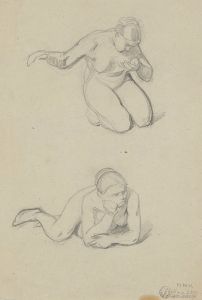
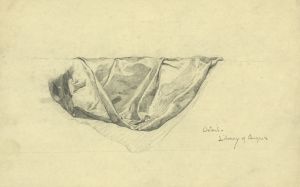
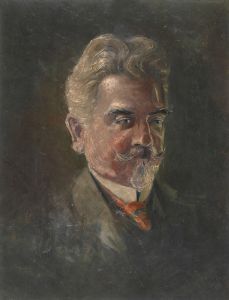
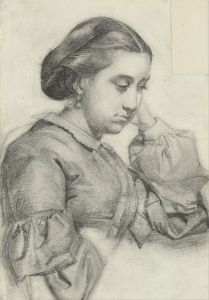
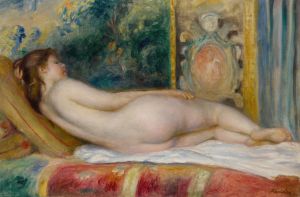

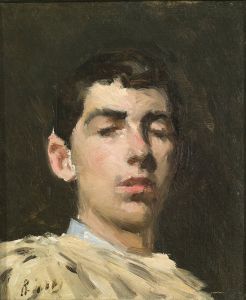
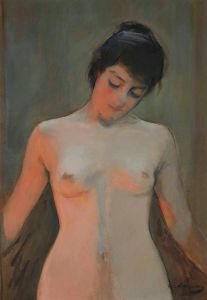
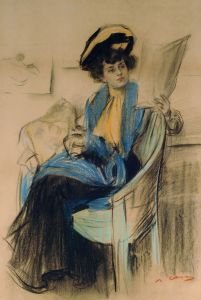
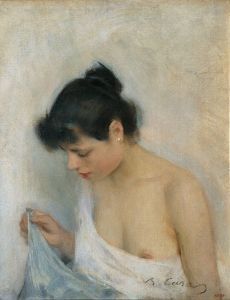
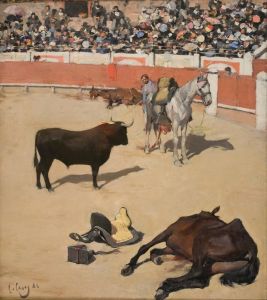
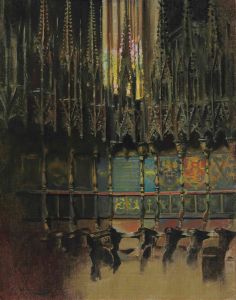
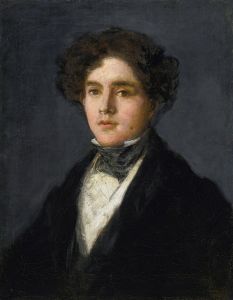
![He Who Does Not Like Thee Will Defame Thee in Jest [Loyalty]](/imgs/264614/s/francisco-de-goya-he-who-does-not-like-thee-will-defame-thee-in-jest-loyalty-4196b335.jpg)